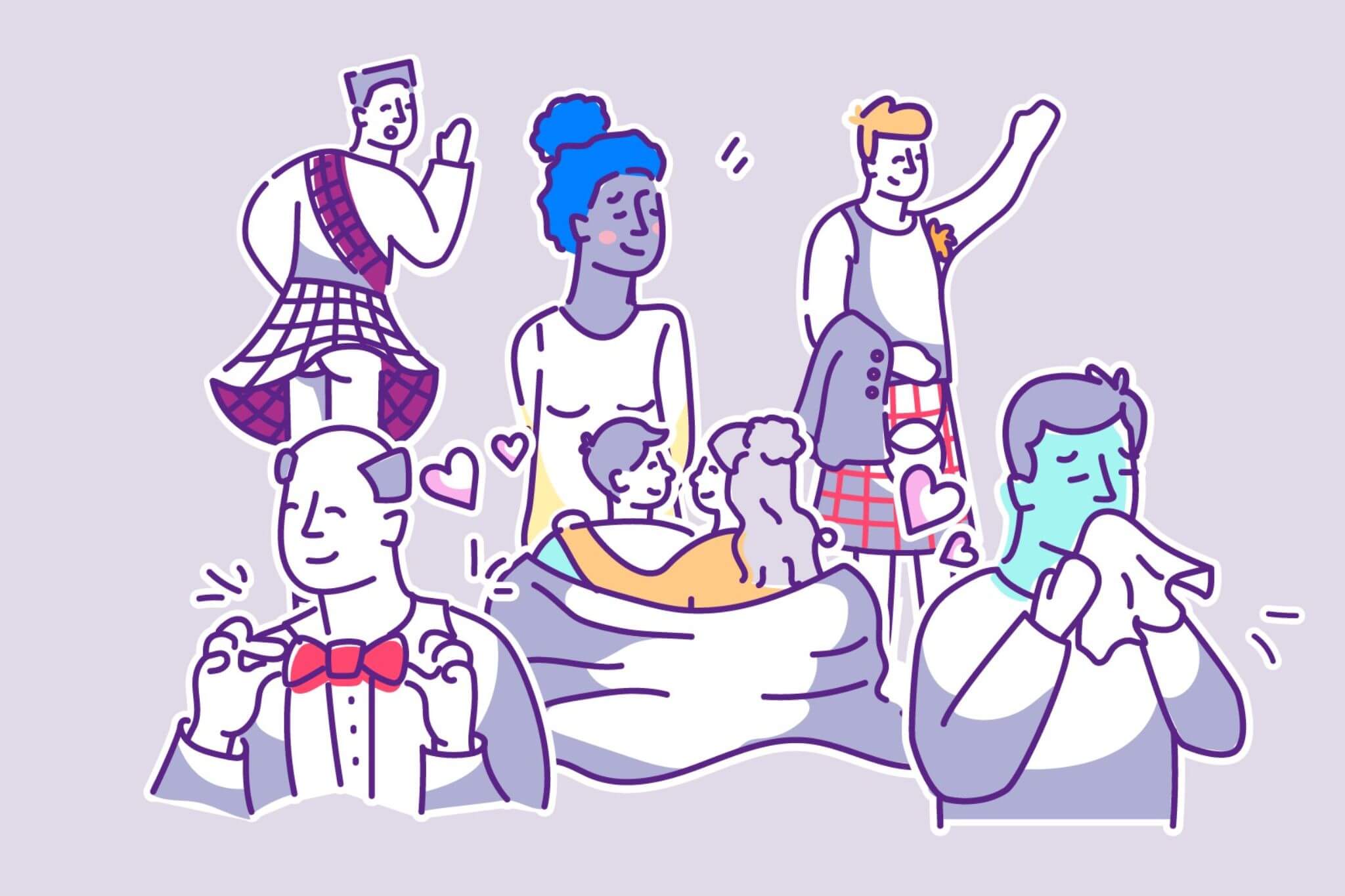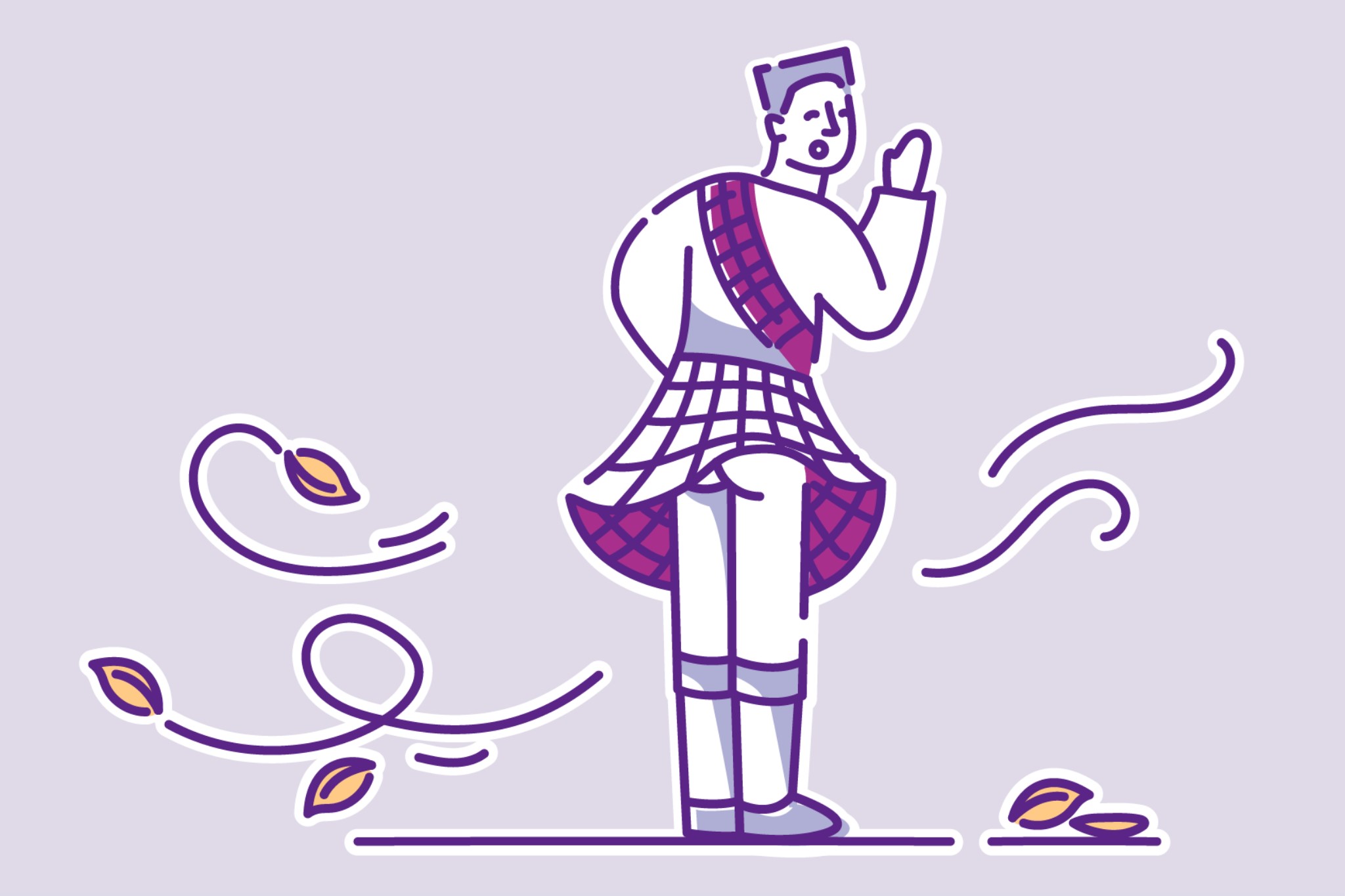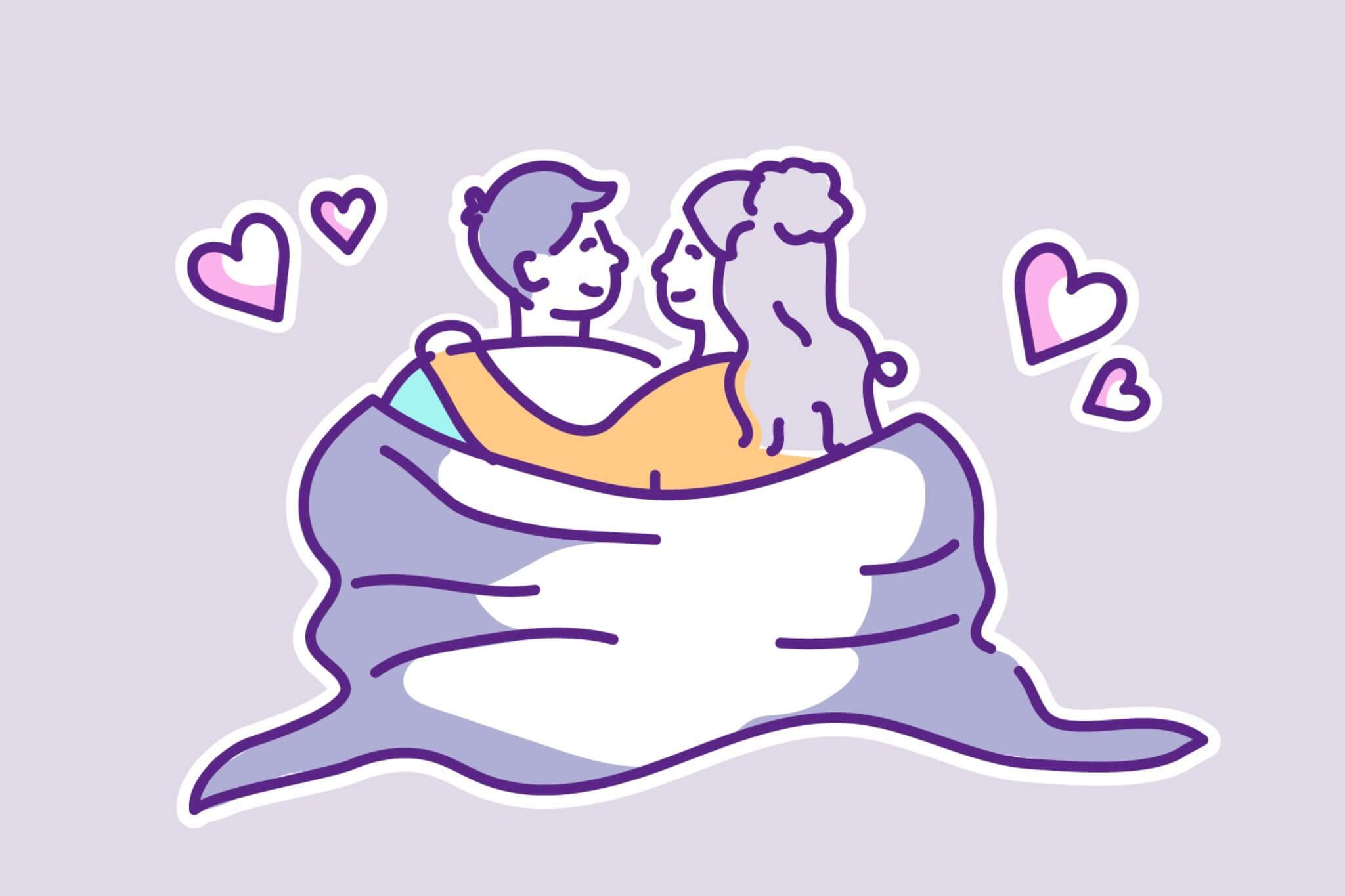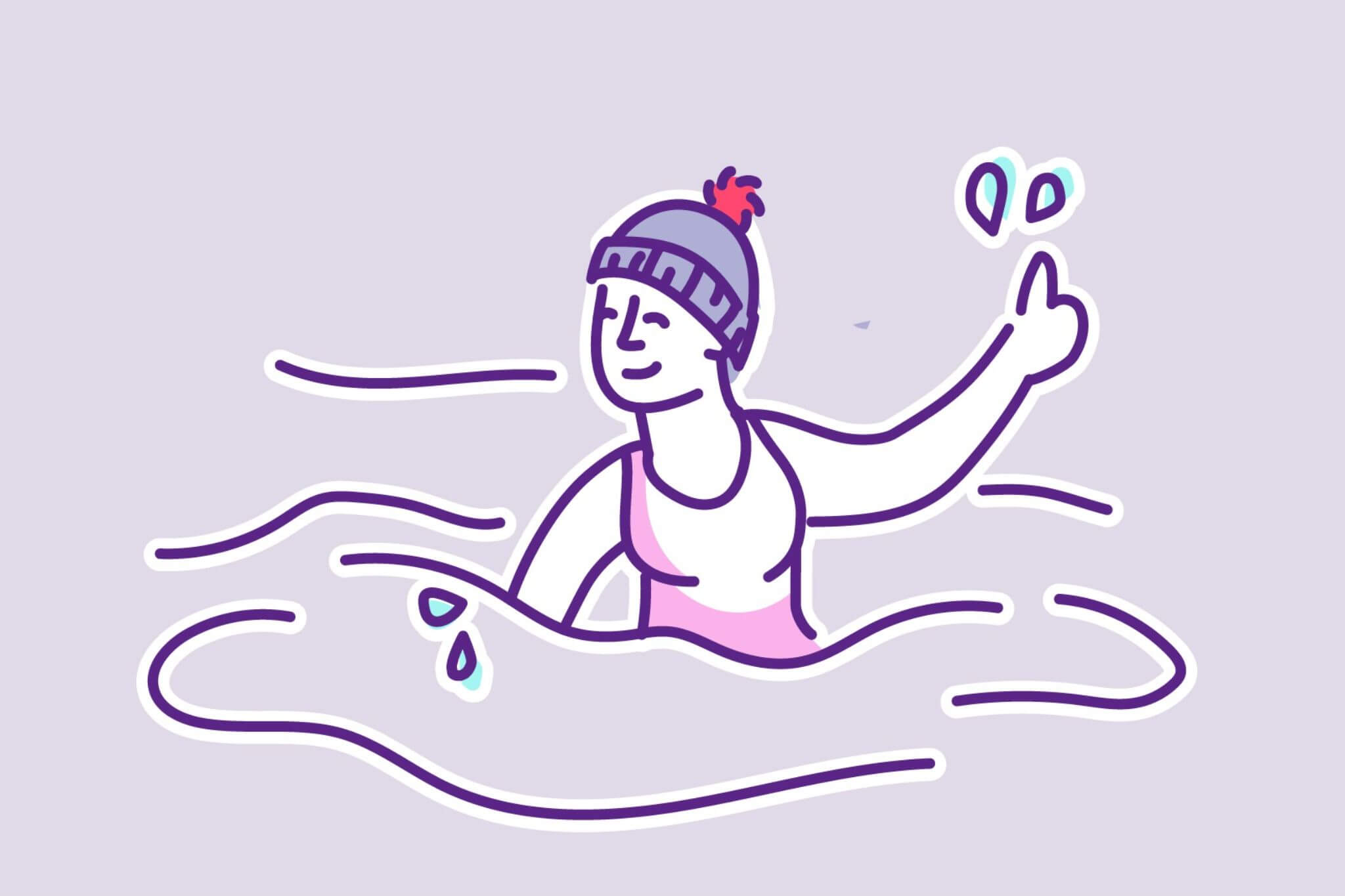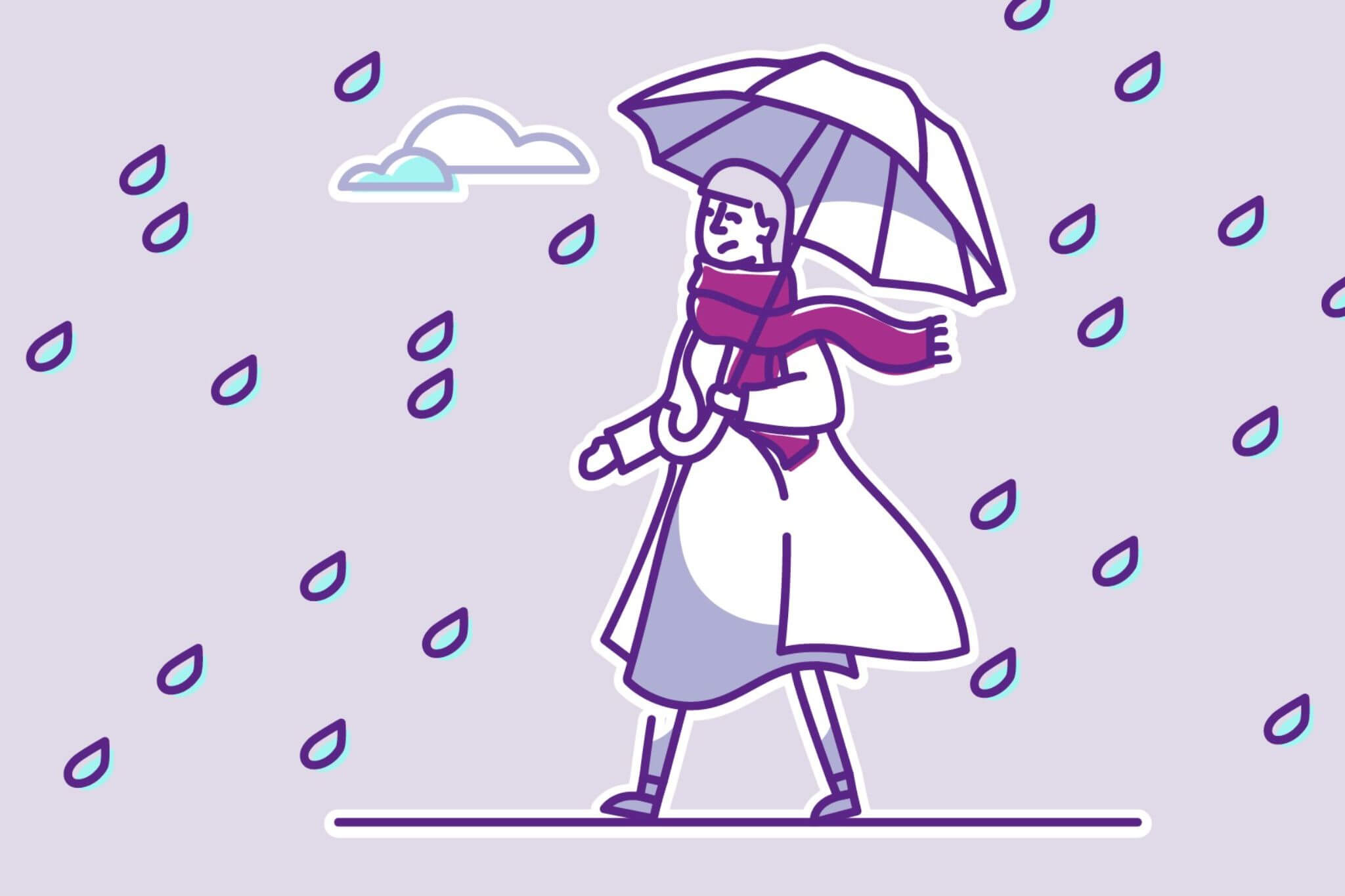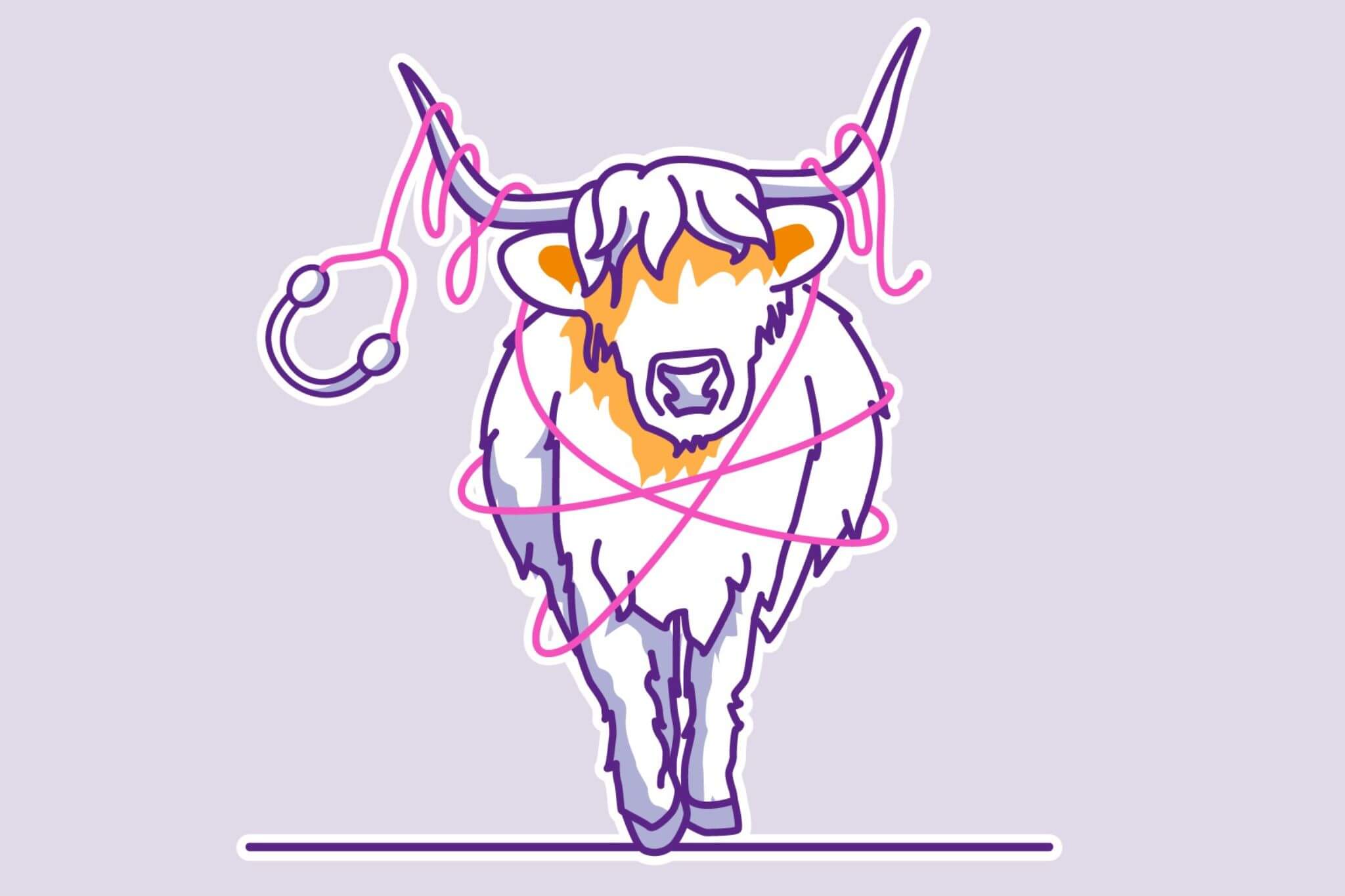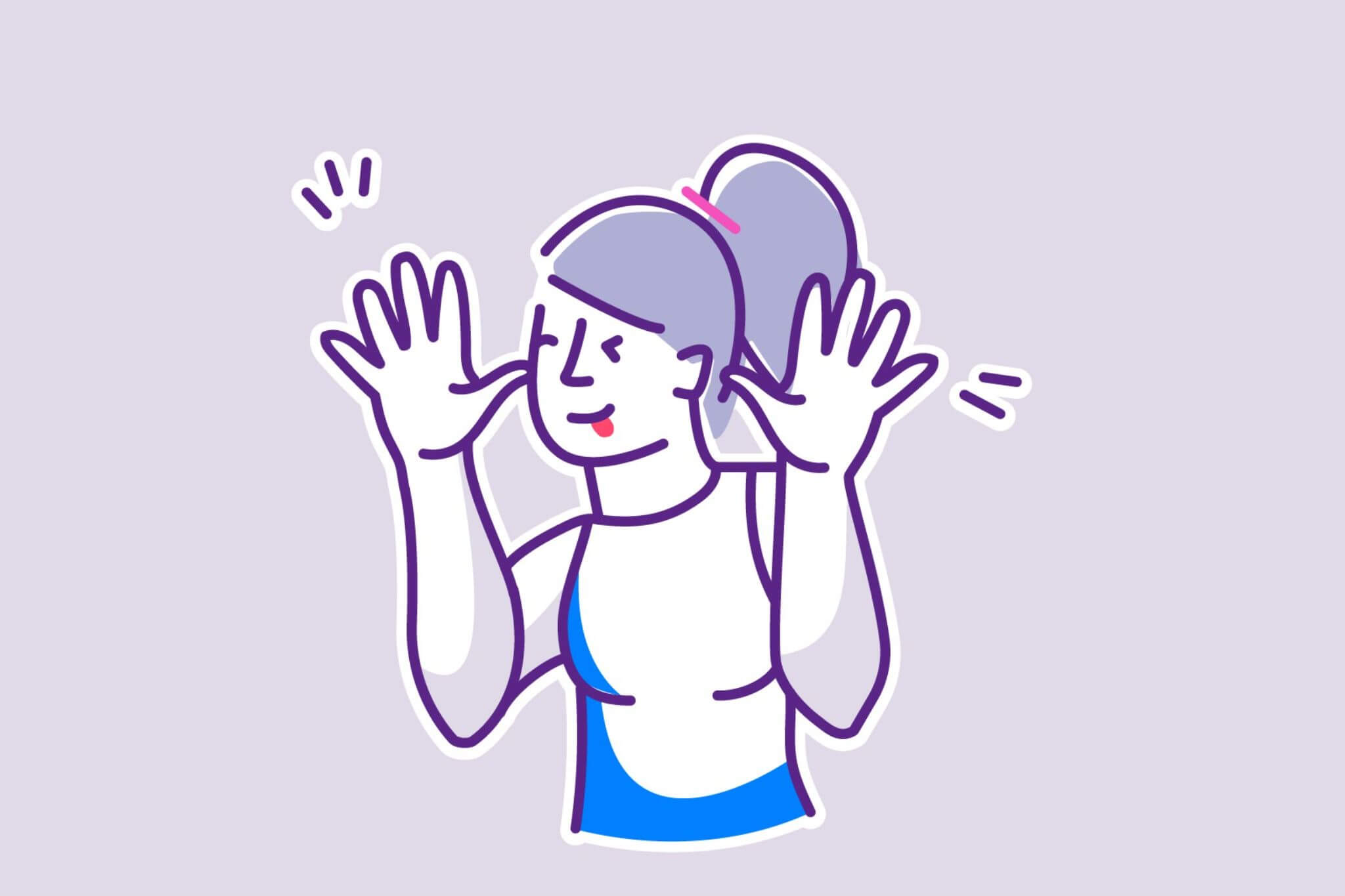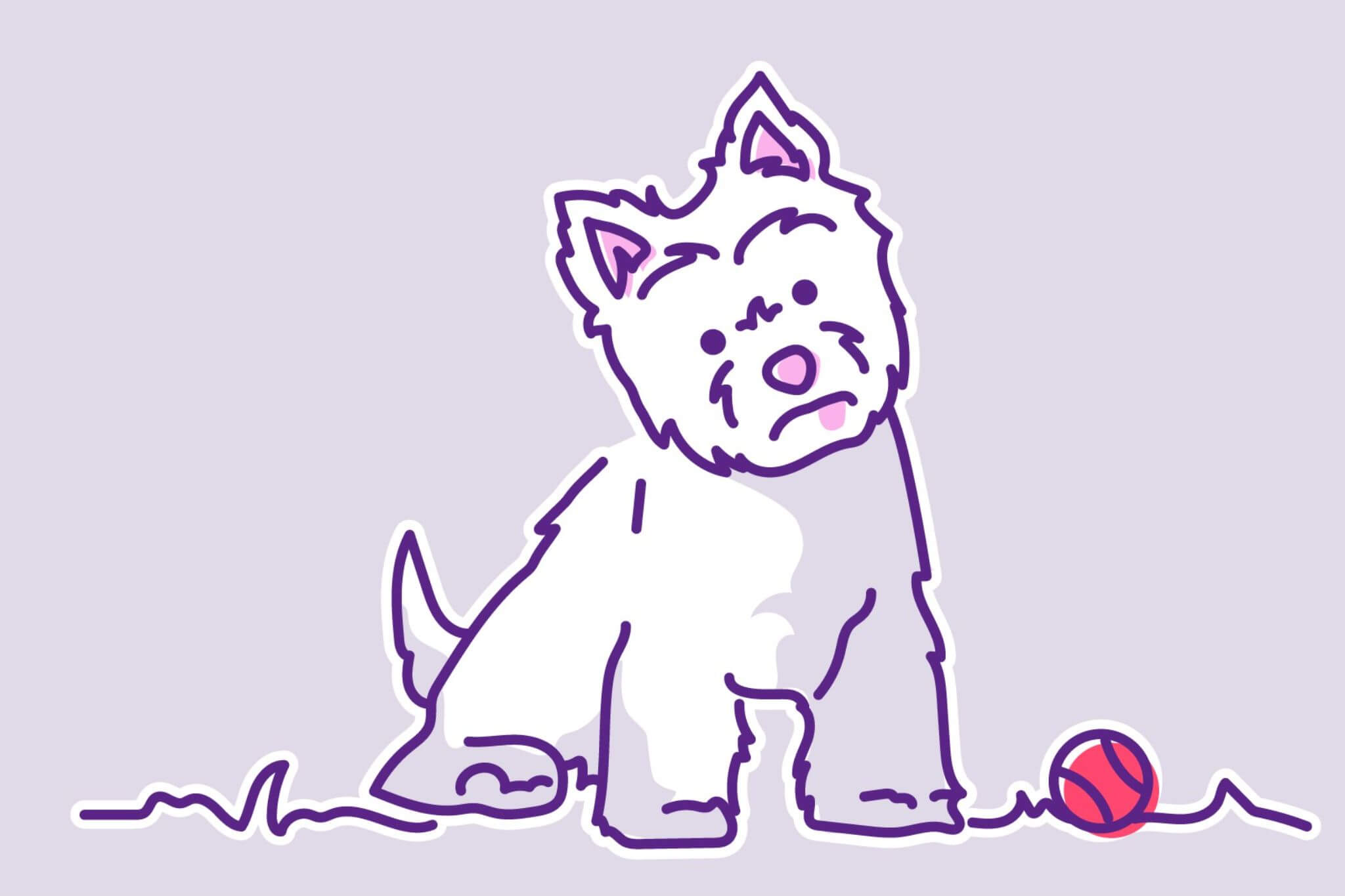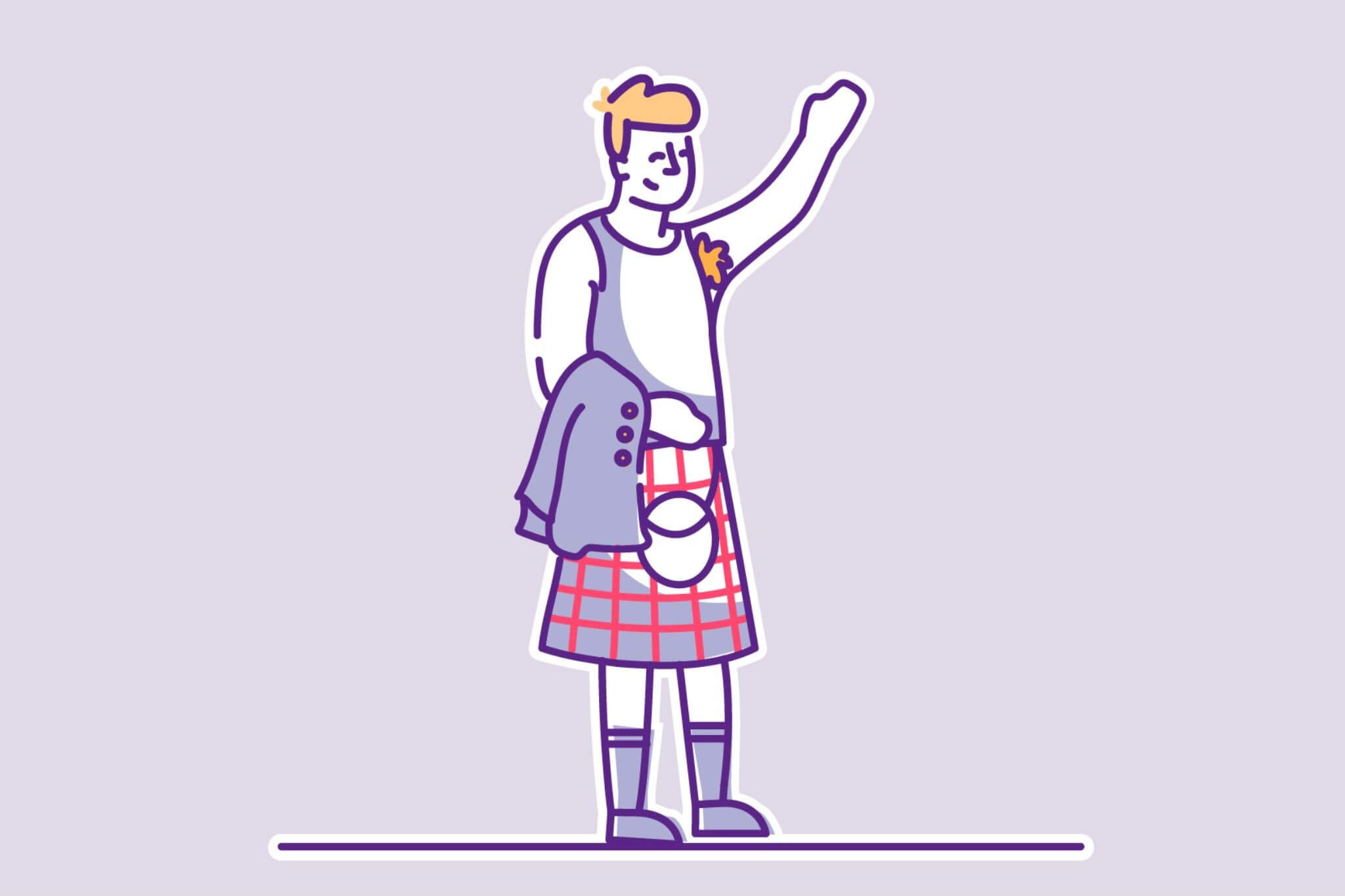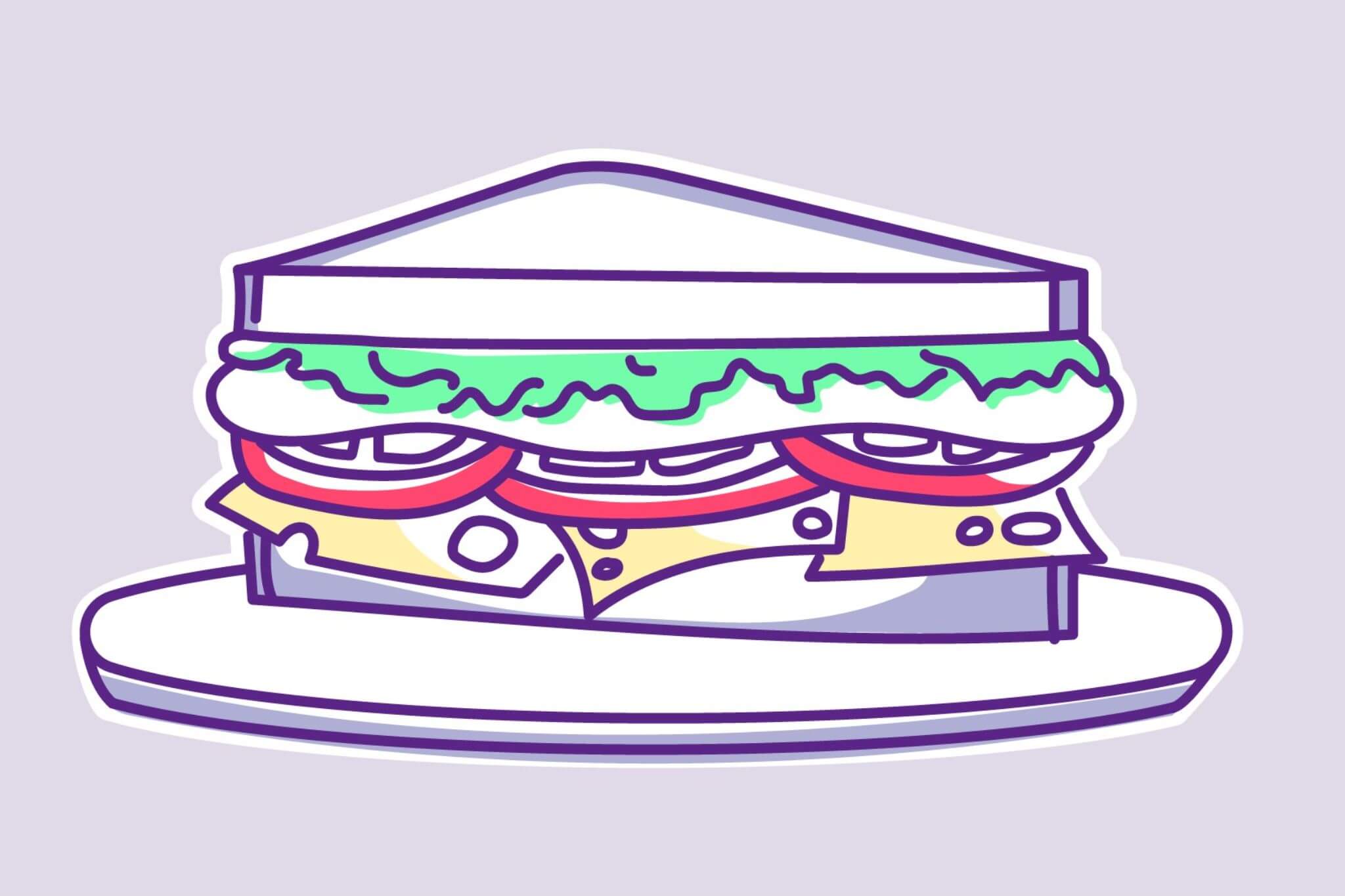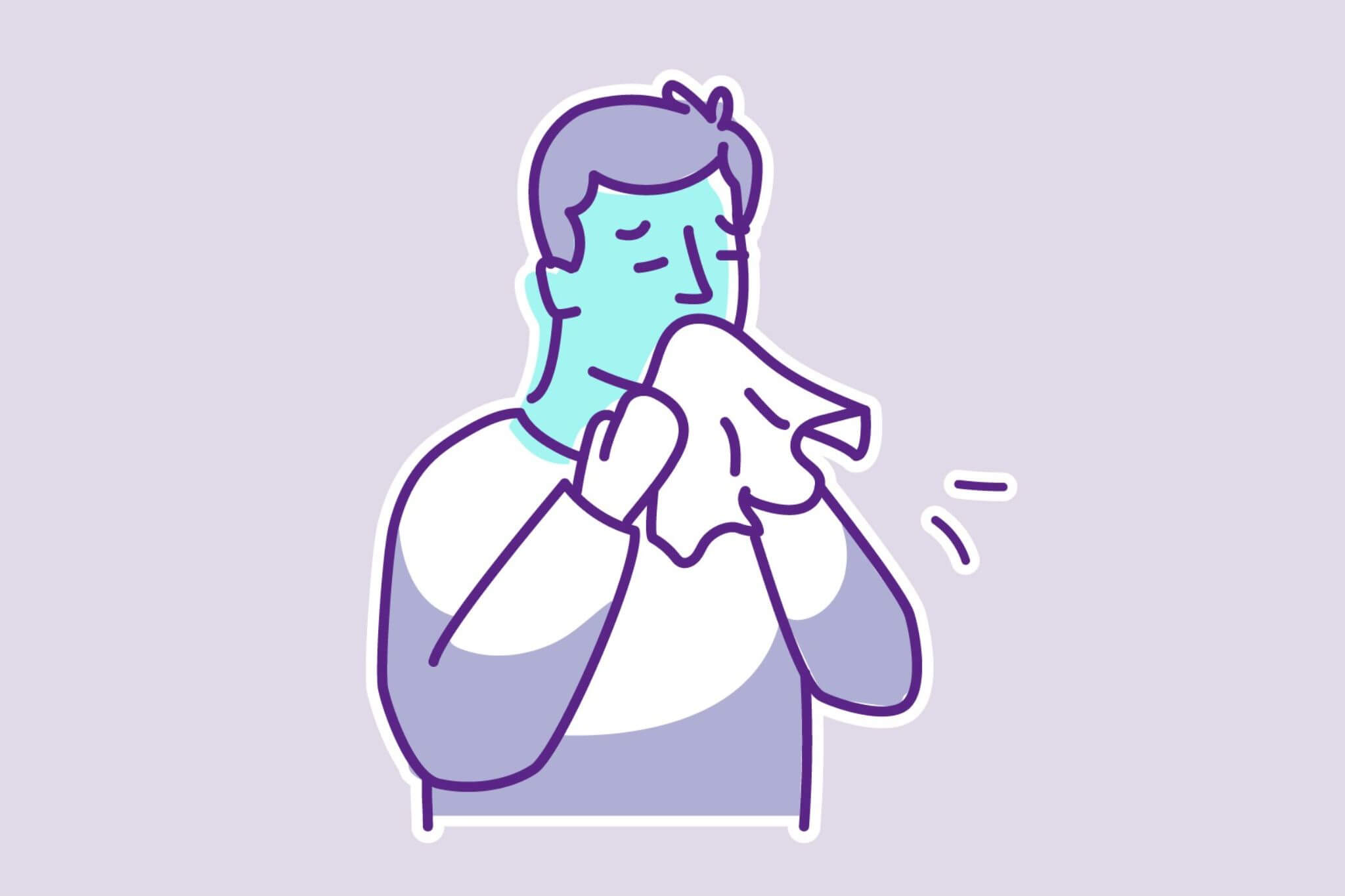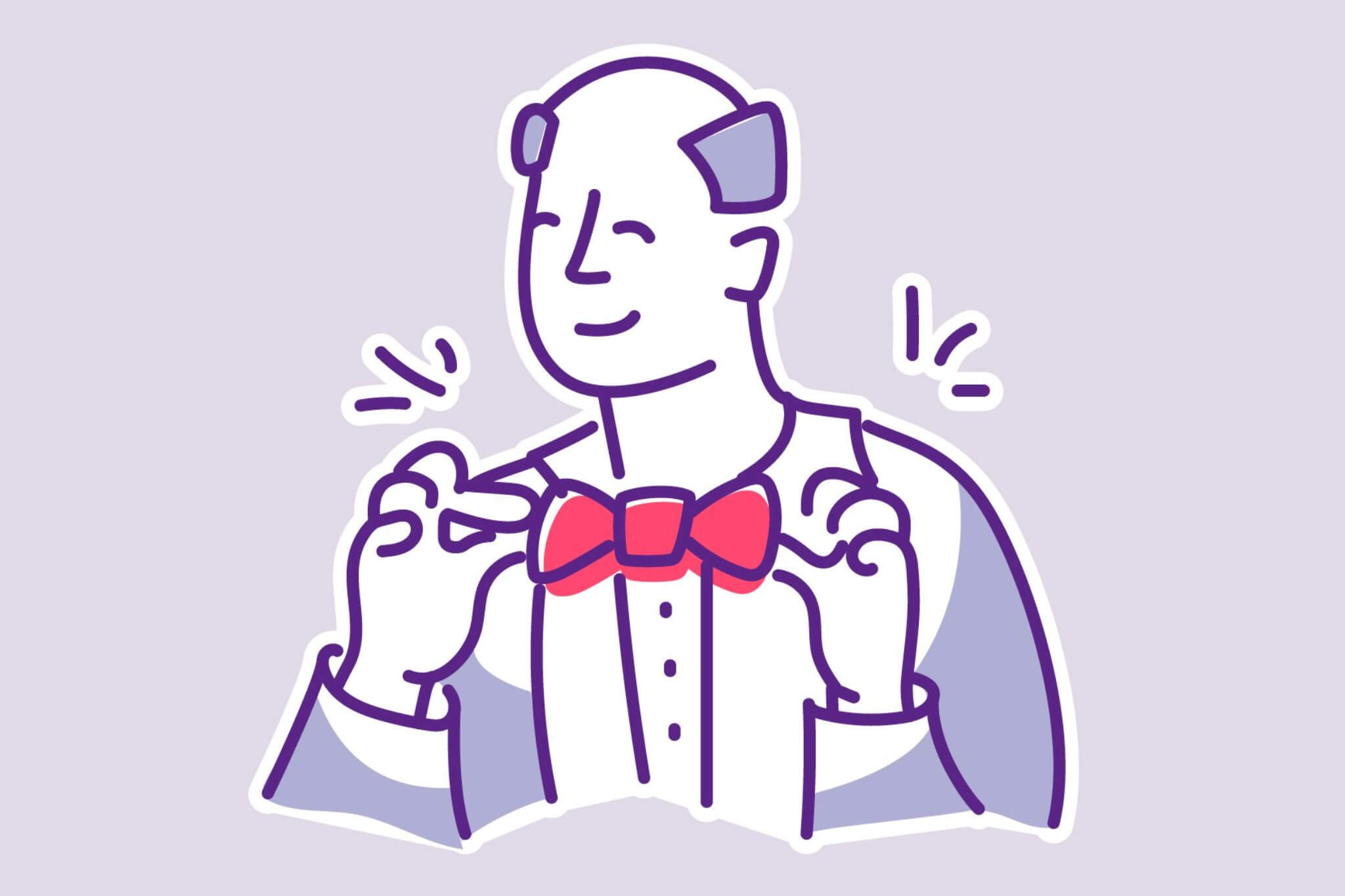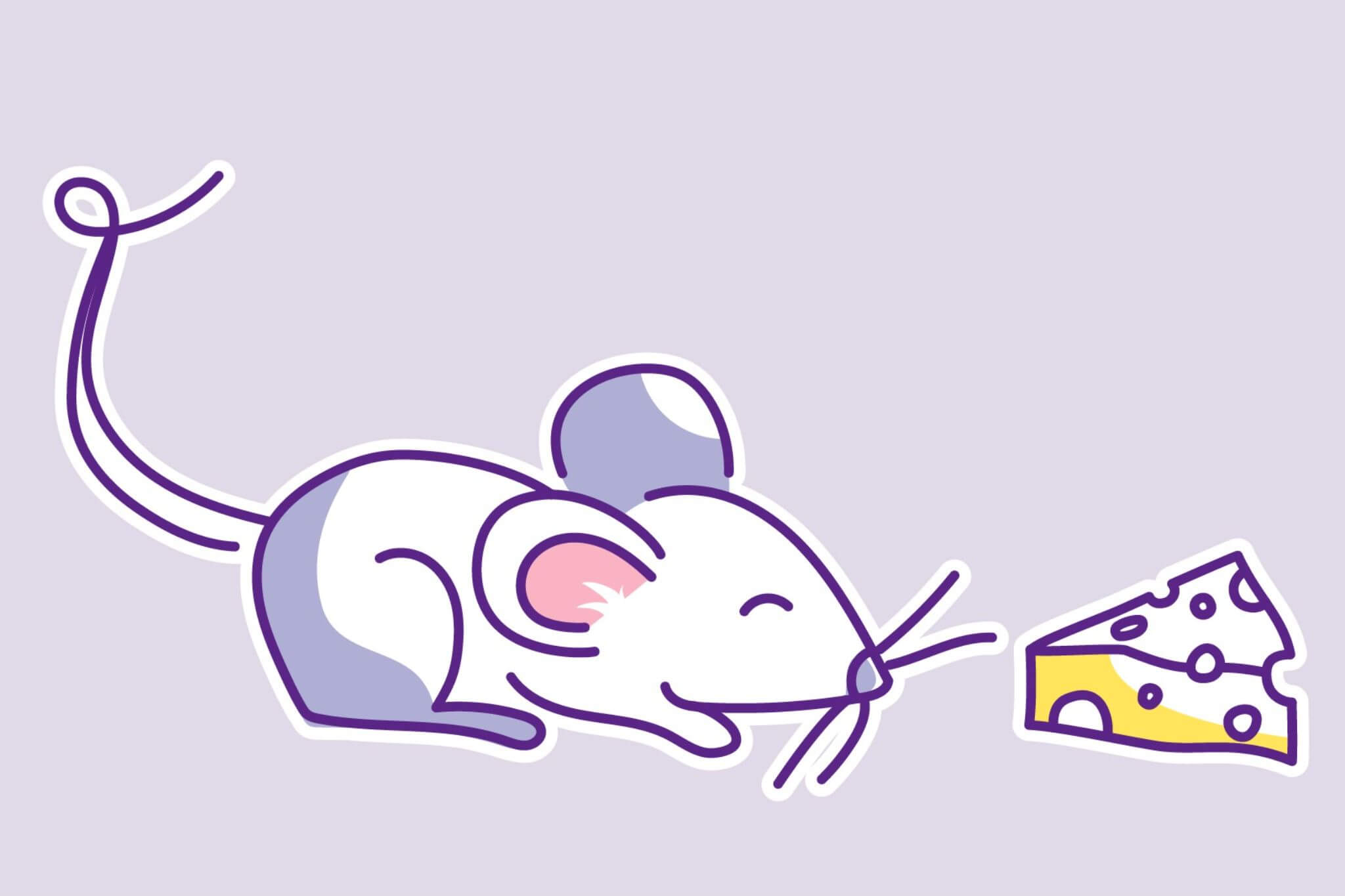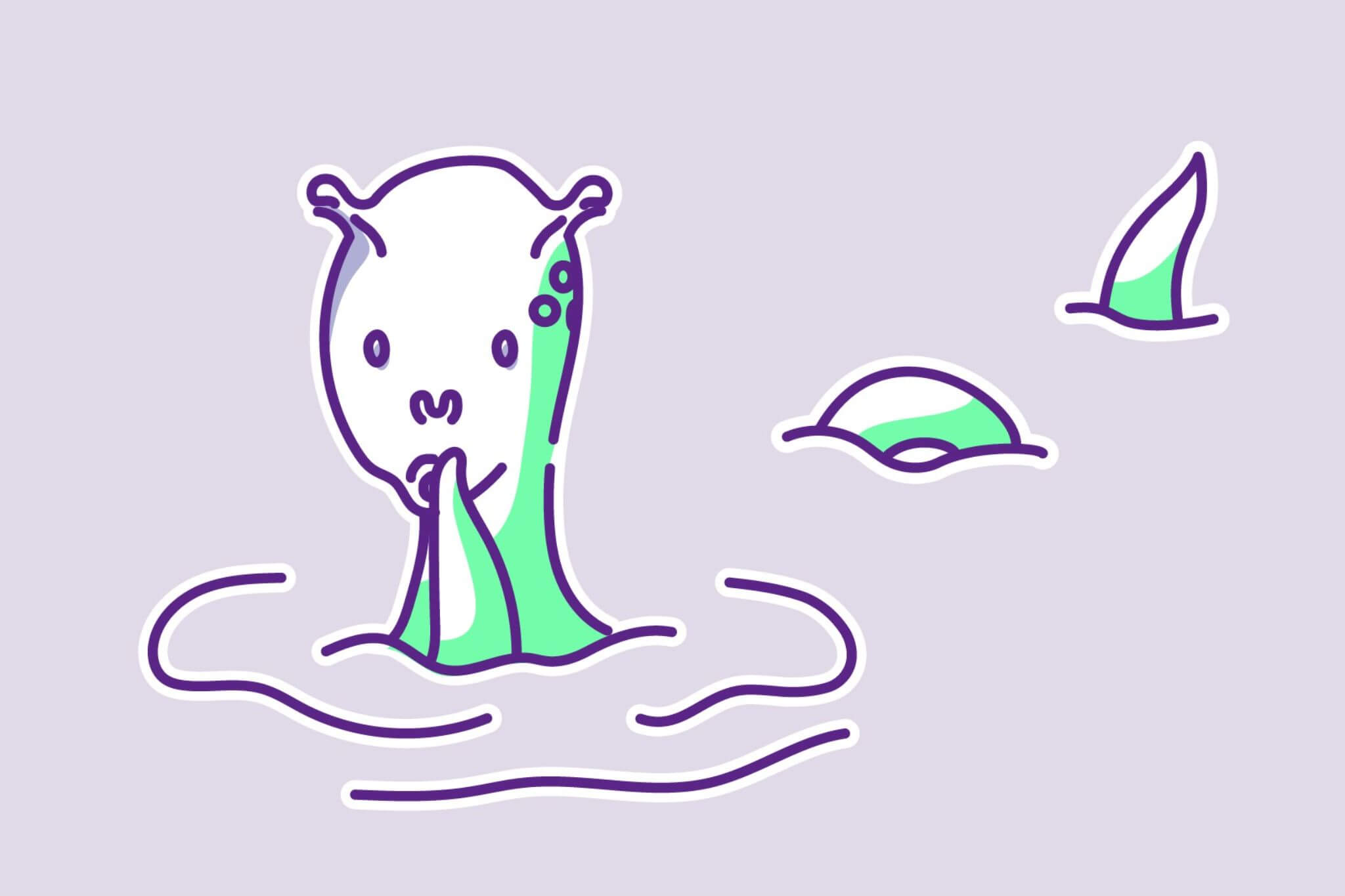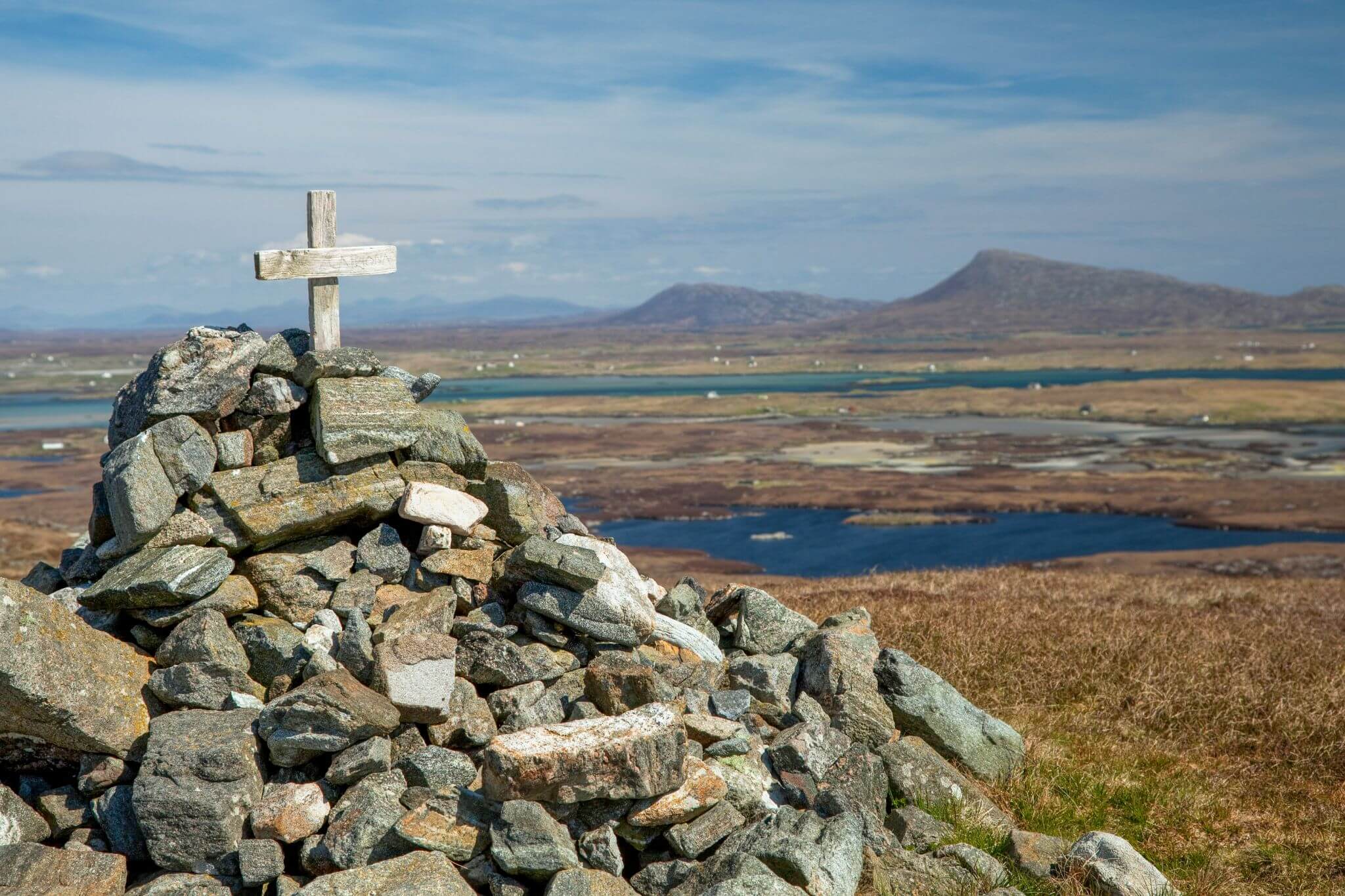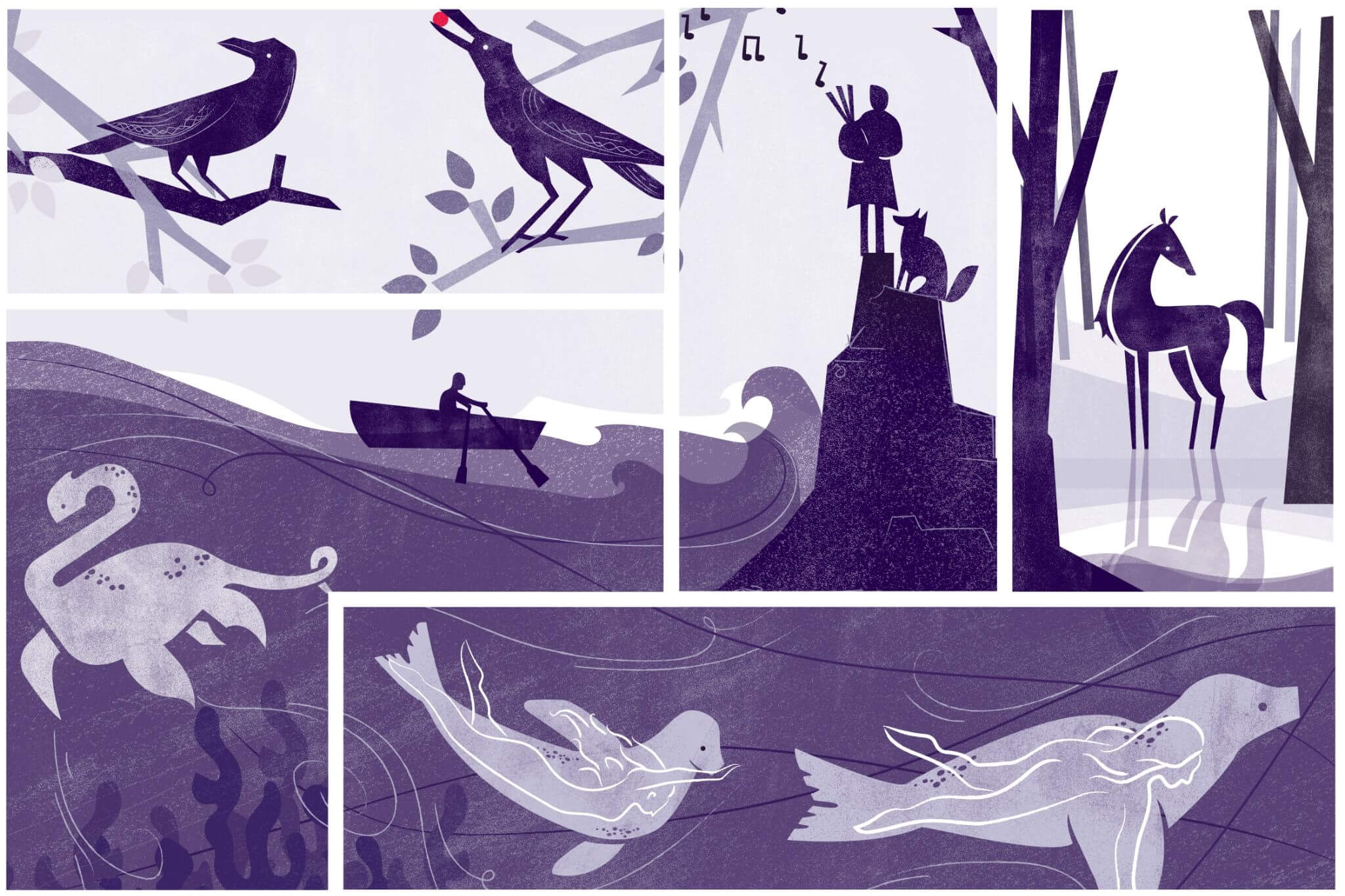Wild Braemar
It all began when the Angles invaded Britain in the fifth century, coming over from Angulus, an area around today’s Denmark and northern Germany. The Angles gave their name to England and English, but it wasn’t long before the language of Scots developed. Throughout the Middle Ages, Scots grew apart from English until it was a distinct language.
The language of Scots became dominant in Scotland. Scottish words and phrases were used by our kings and queens, in literary works, and in official records.
There are 4 main dialects, which bring together 10 sub-dialects roughly covering:
- Insular – Orkney and Shetland
- Northern – Aberdeenshire, Highlands, Angus
- Central – Edinburgh, Glasgow, Stirling, Dundee, Fife, Perthshire, Dumfries & Galloway
- Southern – Scottish Borders
Thanks to the 1690s poll tax, we can estimate that 750,000 people spoke Scots back then – around 70% of the population. We actually have more Scots speakers now – there were 1.5 million identified in the 2011 census, but that makes up 30% of the population.
